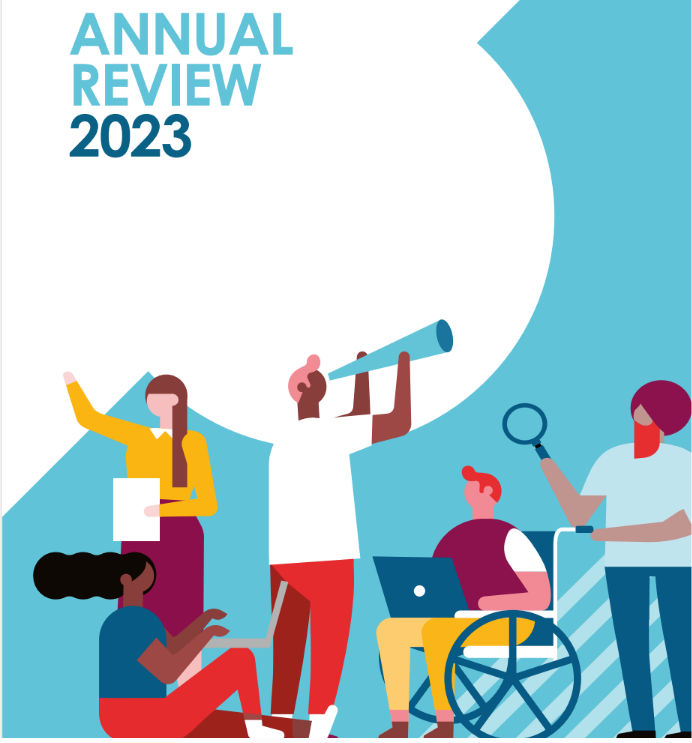The Autumn Statement presents some promising new measures to support people into work, but more action is needed to help support the 794,000 young people not in employment, education or training (NEET), including the 65% not claiming Universal Credit, who could benefit from some of the measures announced today but are not available to them as they are not receiving benefits.
We are encouraged to see attention from the Chancellor on wages, an issue we have been engaging strongly on with policy-makers, businesses and the wider sector. In our Autumn Statement representations we called on HM Treasury to address poor wage growth for young people by delivering the Low Pay Commission’s recommendation to increase the National Living Wage and to apply it to 21 and 22-year-olds for the first time. We are therefore pleased to see the Government has delivered this change, alongside increases to the National Minimum Wage and Apprenticeship wage, which will provide a much-needed boost to many young people, including many of those who are most marginalised in the labour market. We would encourage the Government to go further and reduce the eligibility for the National Living Wage to 18 and remove the separate Apprenticeship minimum wage.
The challenge of getting more young people into good jobs is complex, requiring an evidence-based approach to tackle barriers and drive long-term systemic change. To meet this challenge, three key things the Government could do are:
- Extending access to all Young People who are out of work to DWP’s Youth Hubs, helping young people to successfully transition from education into secure and sustainable work.
- Create a step-change in care leavers employment, by increasing financial support available to employers of young care leaver apprentices to £3,000 and creating a new Kickstart-style scheme for young care leavers.
- Build on the investments made in the Autumn Statement, and go further to tackle the youth mental health crisis, including by providing funding as soon as possible to support provision for those with the most complex needs and to accelerate the roll-out of Mental Health Support Teams in education settings.


